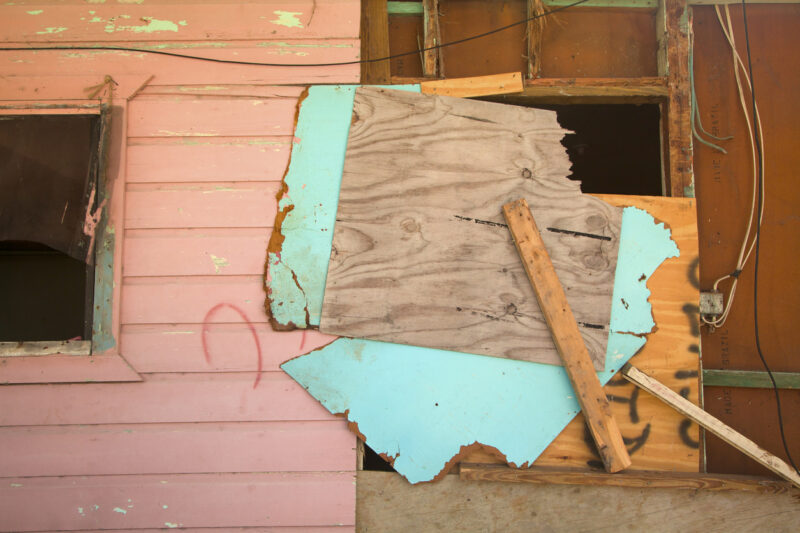Active
What happens when you don’t, or can’t, migrate?
Contacts
Funder
Partners
Centro de Pesquisas sobre Governacao e Desenvolvimento, Lund University Centre for Sustainability Science, Regional Institute for Population Studies - University of Ghana, The Instituto de Pesquisa Ambiental da Amazonia
Share

Impacts from climate change can be sudden and devastating, as is the case with more intense storms, or they can creep slowly and drain communities, like droughts or sea level rise. When disaster strikes, people who can may choose to leave their homes or what is left of them for opportunities elsewhere. Climate-induced migration is a rising concern for governments and research in this area has grown exponentially is recent decades. But what about those who stay?
This project aims to investigate the to-date overlooked area of voluntary or involuntary immobility. Its work spans natural and social sciences, emphasising interdisciplinary aspects of social sciences, governance and human-centric approaches to climate change vulnerability. It will also look at the role national and international finance and support could play to develop capabilities and resilience.
Research questions include: what are life chances for those who stay? How much potential is lost or reduced? What kinds of policies and capacities need to be developed for those who stay and people who return?
The project team will seek to establish new methods to empirically study immobility in five coastal urban sites: Freeport, Grand Bahama in The Bahamas, Belém, Brazil, Cape Coast, Ghana, Beira, Mozambique and Malmö and Falsterbo, Sweden. Case studies will be led by local researchers.
Climate Analytics is contributing to work looking at defining immobility, who experiences it and if immobility thresholds can be quantified. We are also leading work on policy response recommendations, considering issues of equity, conflicts and trade-offs.
This work will make visible ‘invisible’ people and groups at the forefront of these risks and offer usable science to open avenues for justice for those disproportionately affected by climate change, and to help decision makers governing migration, climate disasters and adaptation.
The focus on immobility is important for future governance design, frameworks, tools, incentives, justice dimensions, and support structures, as well as legislation. The project aims to develop policy-relevant findings on impacts, adaptation and loss and damage relevant to discussions under the United Nations Framework Convention on Climate Change, the Sustainable Development Goals and Global Compact on Migration.